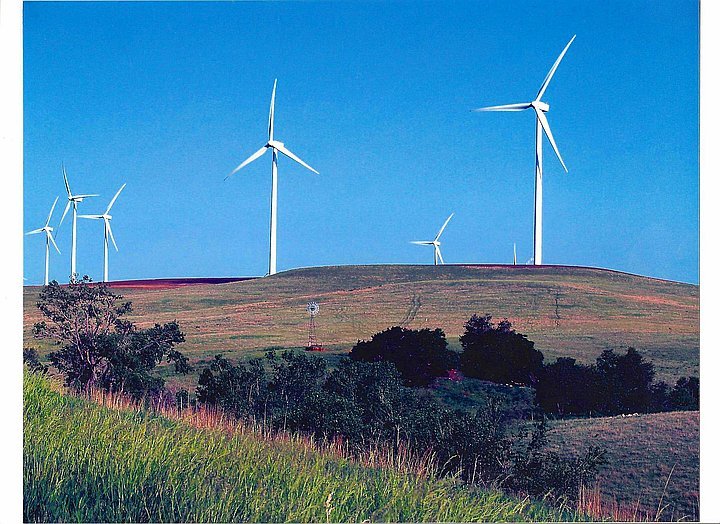As part of the deal to avoid tax increases and spending cuts required by the so-called fiscal cliff, Congress extended controversial wind power subsidies known as the Production Tax Credit. Taxpayers will have to hand over $12 billion to wind power companies in 2013 as a result.
‘Temporary’ Subsidies Continue
Congress created the PTC in 1992 as a temporary subsidy designed to prop up the wind power industry until it met its promise to soon become cost-competitive with conventional energy sources. When the PTC expired in 1999 and wind power had still failed to become cost-competitive, Congress passed a series of temporary extensions. The most recent expired at the end of 2012.
Wary of the industry’s repeated promises it was just a few years away from providing a cost-competitive energy source, many in Congress vowed to end the subsidies, saying 20 years of broken promises were enough.
The American Wind Energy Association, the lobbying group for large wind power companies, ratcheted up the pressure on Congress during the final months of 2012, threatening to punish members of Congress who voted against extending the subsidies. Ultimately, House Republicans caved in to the lobbyists’ demands and guaranteed a continuation of subsidies for all wind power projects operating or under construction during 2013.
Extensive Hidden Costs
Energy analysts criticized the continued subsidies for a serially inefficient energy source.
“The extension of the wind power production tax credit is one of those gimmicks that costs the public three times: once by relinquishing revenues that should be applied to deficit reduction, again by diverting resources into a wasteful source of power, and a third time by raising electric rates,” said David Tuerck, chairman of the economics department at Suffolk University.
“It is hard to imagine a worse feature of this already bad piece of legislation,” Tuerck added.
Marlo Lewis, a senior fellow at the Competitive Enterprise Institute, said continuation of the PTC is “the lamest … of all the lame arguments used to rationalize adding another $12.1 billion to the national debt.”
“I don’t know if extending the PTC is the absolute worst piece of legislation I have seen, but it’s certainly in the running,” said Tom Tanton, principal of the energy economics consulting firm T2 & Associates. “After eight ‘please just one more’ extensions, you’d think congressmen had better memory.
“More importantly, congressmen should know that the PTC is only part of the cost imposed on consumers,” Tanton explained. “Wind energy, nearly the sole beneficiary of the PTC, brings with it hidden costs that double wind’s ‘sticker price’ and puts the various [electricity] grids at risk. Worse, in this time of high unemployment, the PTC encourages net job loss and ships even more jobs offshore.”
James M. Taylor ([email protected]) is managing editor of Environment & Climate News.





